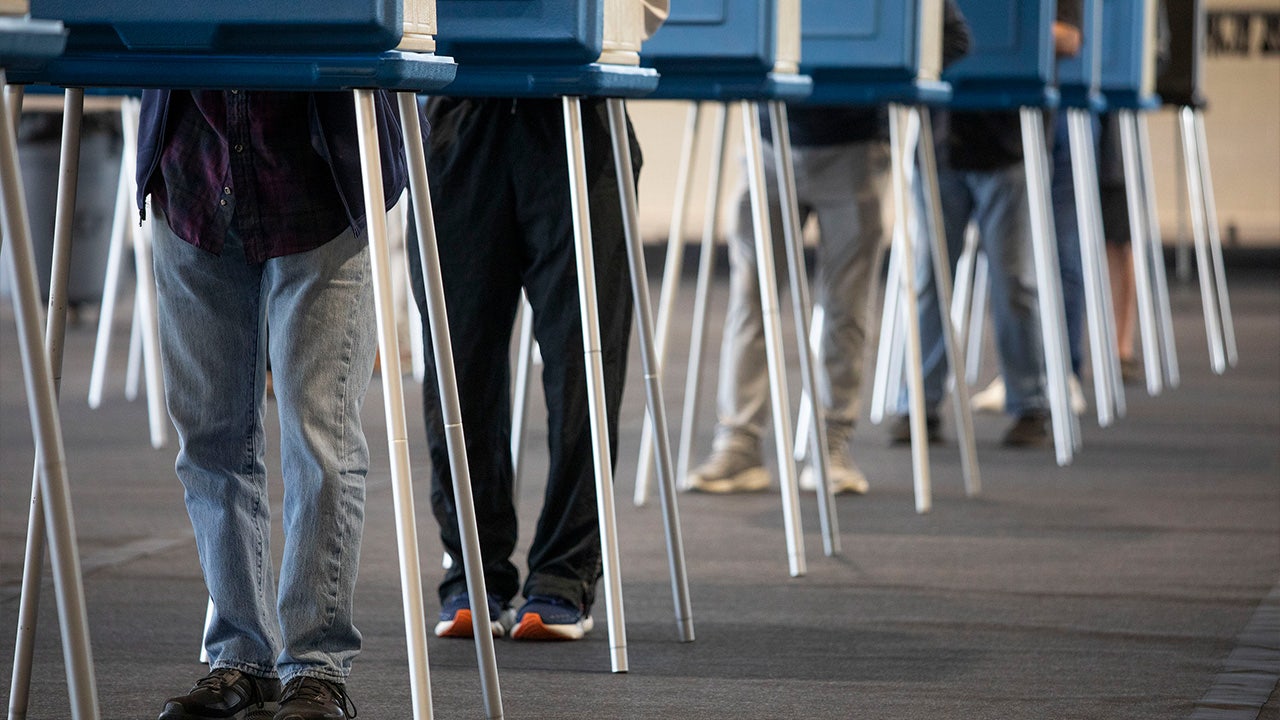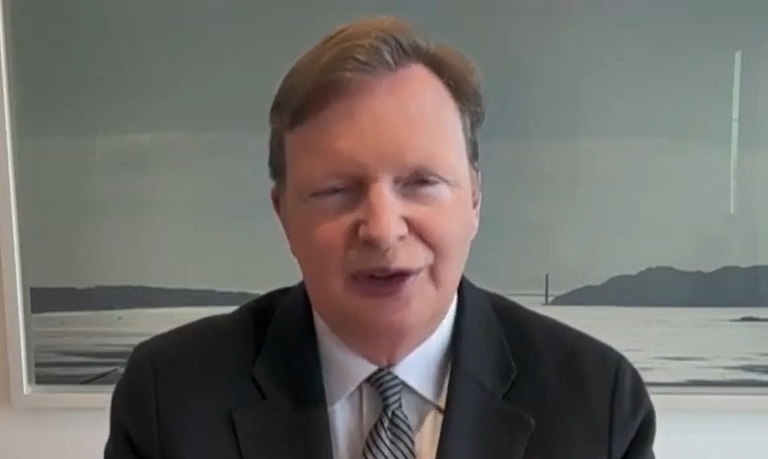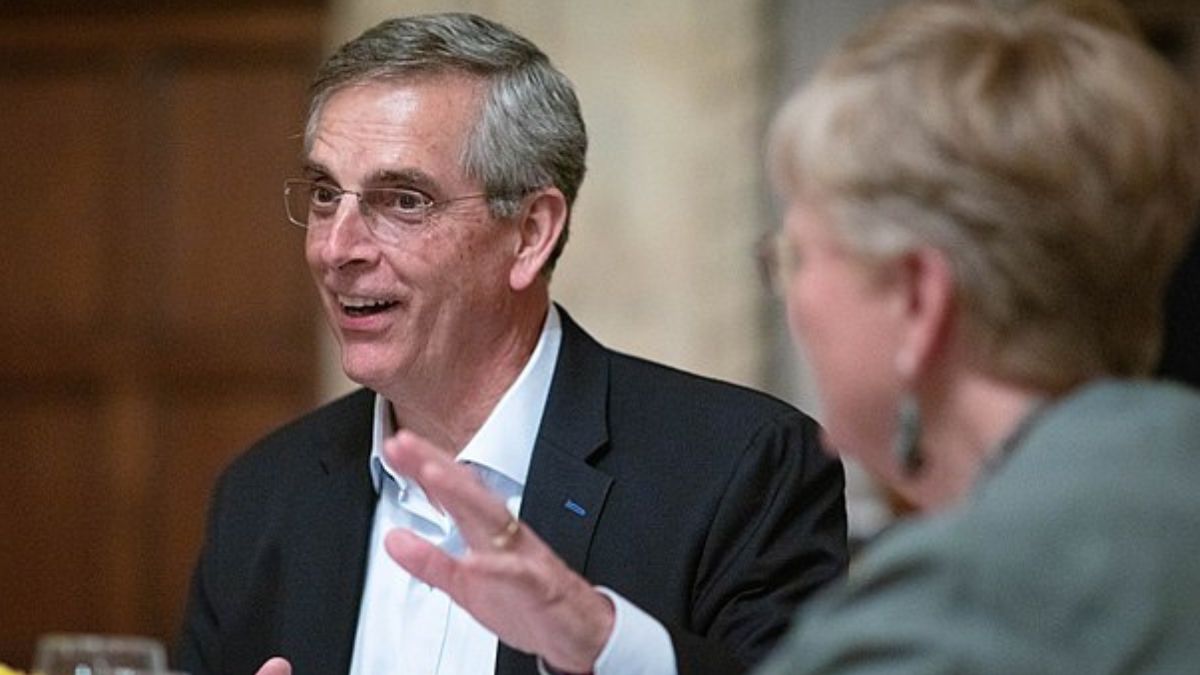Despite accelerated talk that the economy could avoid a recession that not long ago appeared near certain, a Deutsche Bank economist thinks the danger has not passed. In fact, such optimistic talk is common before the economy heads south, according to Jim Reid, the bank’s head of global economics. “Remember that even as soft landing talk has gathered pace, this is not unusual before recessions,” Reid said in a client note. “Despite all the signs pointing to a soft landing, history provides reasons for considerable caution.” Much of the soft landing talk has been inspired by a stubbornly strong labor market, which generated another 216,000 jobs in December , according to a U.S. Labor Department report Friday. The unemployment rate held steady at a 3.7%, mirroring a strong labor picture through large parts of Europe. Reid acknowledged the bull case: low unemployment, inflation drifting back in line with the Federal Reserve’s target and an “incredibly resilient” consumer and “no sign of a recession in personal consumption.” However, he also notes gathering storm clouds. As multiple Fed officials have noted, interest rate hikes work with lags, and Reid noted that it’s still relatively early in that cycle. The last Fed hike came in late July , meaning this is still “relatively early” in a cycle that often takes 19 months to 28 months to play out, he said. “A Recession before the start of Q4 2023 would have been historically very early,” Reid said. “Historically, the risks are higher now than they were in 2022 or 2023.” Yield curve inversions also have had spot-on accuracy in foreshadowing recessions, while credit conditions are tightening, with an expected fallout both for consumer spending and areas such as commercial real estate, he noted. Still, the economy has been able to defy naysayers. Fourth-quarter GDP is on track to post a 2.5% annualized gain, according to the Atlanta Fed’s GDPNow tracker , and the New York Fed’s 12-month recession probability gauge , which measures the spread between 3-month and 10-year Treasury notes, has edged down to 63%, though still high. Interestingly, even Deutsche’s U.S. economics team recently opined that the case for a soft landing is building. That group noted the impact that expected Fed rate cuts could have in mitigating economic slowness. The U.S. group is projecting an out-of-consensus 175 basis points of reductions, more than double the 75 basis points unofficial projection Fed officials made in December and even more aggressive than the 150 basis points the market is pricing in currently. (A basis point equals 0.01 percentage point.) But Reid said the history of tightening cycles and economic trends suggests no one should get complacent about prospects for recession. “While the data in front of us heavily points to a soft landing, at this stage of the cycle it typically tends to do so,” he said. “So a big decision to make for 2024 is whether to follow the data or follow history.” —CNBC’s Michael Bloom contributed to this report























































